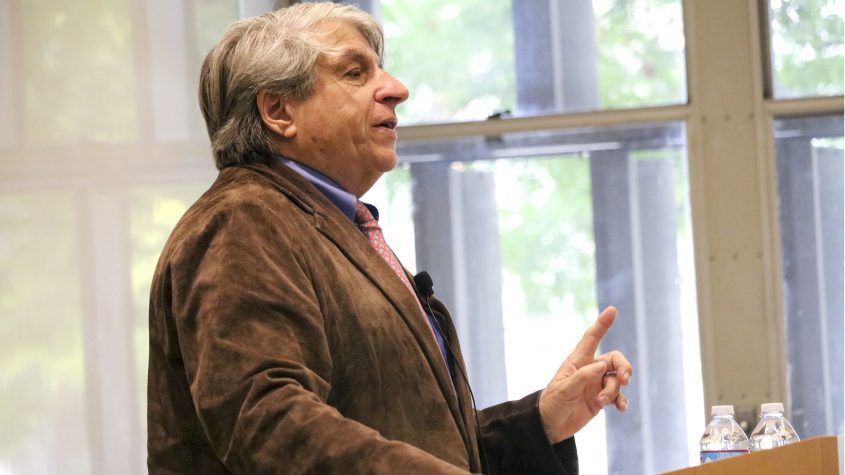
Global Change Should Stem from Local Leadership Author and academic Benjamin Barber says cities present the best hope of solving the world’s problems
By Zev Hurwitz
While voters weigh the prospects of which presidential contender is best suited to address the big issues in 2016, one academic thinks the real change-makers are at city halls — not the White House.
During an Oct. 26 lecture at the UCLA Luskin School of Public Affairs, Benjamin Barber, a noted political theorist and author who holds a Ph.D. in government from Harvard University, lectured on his philosophy that the key to addressing major global problems is tackling those challenges from the local level.
“Common sense problem-solving pragmatism makes cities the most useful governing institutions in the world as compared to the 19th Century ideologically based national politics of … countries all over the world,” Barber said.
Speaking in front of a crowd of more than 50 students, faculty and community members, Barber asserted that cities are uniquely positioned to address every major challenge facing the international community because these issues are no longer specific to individual nation states.
“Every problem we face is a problem without borders,” said Barber, a professor emeritus at Rutgers University and founder of the Global Parliament of Mayors. “Cities are positioned to address every major problem we have globally.”
The lecture’s title, “How Cities Trump Trump: Urban Pragmatism vs. Toxic Campaign Demagoguery,” was meant “to draw you in, the same way MSNBC does: with Trump,” Barber said, noting that Republican presidential nominee Donald Trump’s rhetoric claiming an international conspiracy to undermine American sovereignty is flawed and “toxic.”
“Trump is right in pointing to the loss of sovereignty, but where he’s wrong is thinking that it is due to stupidity,” Barber said. “We need to learn how to accommodate, not how to scapegoat.”
Nationalized global power, the way Trump describes it, started disappearing after World War II and hasn’t existed since, Barber said.
“Sovereignty, the jurisdiction of a national government over all of the issues its people face, doesn’t exist anywhere in the world, in any country claiming to be sovereign,” Barber said. “We are still responding to these global, borderless problems with sovereign nationally based governments.”
Because the power spheres are organized differently in the 21st Century, the real power — and driving force for change — lies in cities, which Barber said is euphemistic for all regional and local governance, not necessarily individual municipalities.
Cities have a unique interest in driving solutions to global issues because “the problems of cities and the problems of the globe are very much the same.” To illustrate this point, Barber pointed to two major issues: climate change and terrorism.
Most of the world’s population, in the 21st Century, lives in cities, and most cities are within proximity to bodies of water, meaning that much of the world’s population has a vested interest in combating climate change and rising sea levels. In addition, Barber said, 80 percent of greenhouse gases are generated from cities. Because the cause and the effect are both specific to cities, cities are best suited to address that challenge.
About terrorism, Barber said that problem-solving must come from local leadership because terrorists almost exclusively target cities.
“Nobody has attacked a pecan farm in Sacramento,” he said. “They come after cities because that’s where the people are. Terrorism is aimed at cities because cities represent everything that terrorism rejects.”
In order to address major global challenges, Barber said, cities, and their leaders, need to practice collaboration with interlocutors locally and with other cities.
“Cities work by consensus, by collaboration, by building bridges and working with everybody,” he said.
Barber spoke about his involvement with the Global Parliament of Mayors, an international body of local leaders that convened for the first time in September. There was a need for “enacting common urban legislation, not just best practices.” According to Barber, the United Nations’ model of organizing nation-states based on their sovereignty has stymied opportunities for problem-solving. The Global Parliament of Mayors has potential to be a unifying force beyond international borders.
“This is a founding seedling for what, in time, can become a genuine governance organization — a kind of U.N. body,” he said, calling the ideal for the organization to be a body that is “defined by the natural collaborativeness of cities” and their capacity to work with one another.”
The Department of Urban Planning organized the lecture and the Department of Public Policy co-sponsored it, with assistance by the Luskin Center for Innovation and the UCLA departments of History, Philosophy and Political Science.
Mark A. Peterson, chair of the Luskin School’s Department of Public Policy, introduced the speaker, saying that the lecture “couldn’t be more timely.”
“Much of the American public, and our own faculty and students in the Luskin School, have felt intense frustration over the years of policy stalemate at the national level,” Peterson said after the event. “Dr. Barber presented the possibility of a different pathway for addressing major issues — problems for which there seems little prospect of making progress through congressional and presidential action, regardless of the results of the 2016 elections.”
Peterson also noted the application of Baker’s philosophy in Luskin’s curriculum.
“The motto of the Public Policy Department is ‘advancing knowledge in the public interest’ — an essential requirement for understanding the causes of societal problems and identifying interventions that mitigate those causes,” Peterson said.
“However, the actions to be taken, whether by national governments or subnational institutions, are necessarily determined by governing institutions embedded in political processes, ideally with full opportunities for democratic choice and accountability. All of these elements are features of the Public Policy MPP curriculum and prominent in Dr. Barber’s scholarship and public engagement.”
Barber has authored 18 books, including 1995’s best-selling “Jihad vs. McWorld: How Globalism and Tribalism Are Reshaping the World” and 2013’s “If Mayors Ruled the World: Dysfunctional Nations, Rising Cities.”
Soham Dhesi, a first-year Master in Urban and Regional Planning (MURP) student attended the event. Like Peterson, Dhesi said she found parallels between Barber’s lecture and her Luskin coursework in urban planning.
“A lot of people ask me, ‘What is urban planning — haven’t cities already been built?’” Dhesi said. “This is an answer to how cities can be important tools to address these global problems.”
Dhesi referenced the histories and theories of urban planning and course discussions on grassroots movements and individual participation in change-making, saying she found application of Barber’s views on the potential for cities to lead the way.
“Citizens, through their participation in the city, can bring about change,” she said. “Cities are a way for people to participate, which is harder to do at a national level. This goes in line with what we were learning in class about community development.”
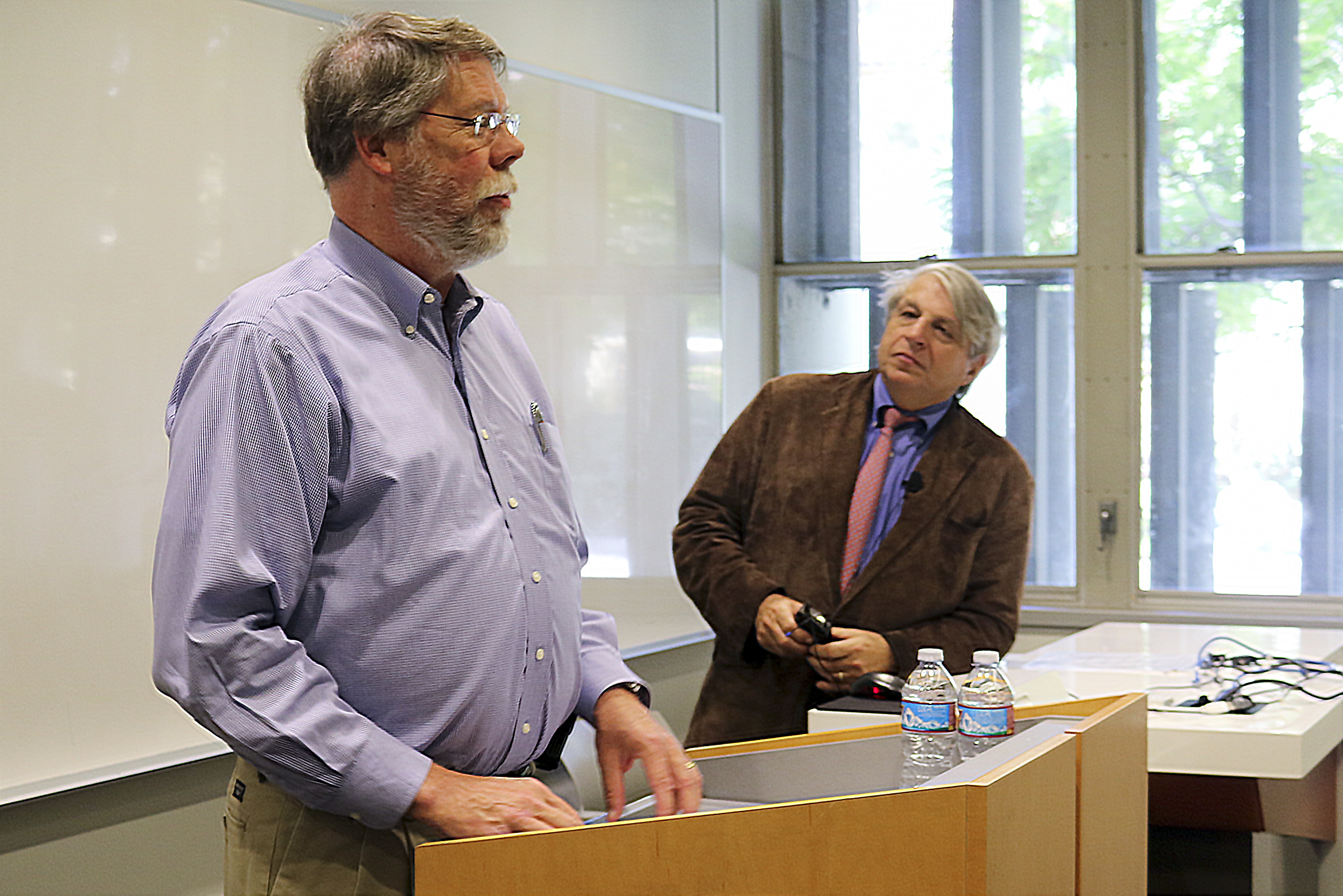


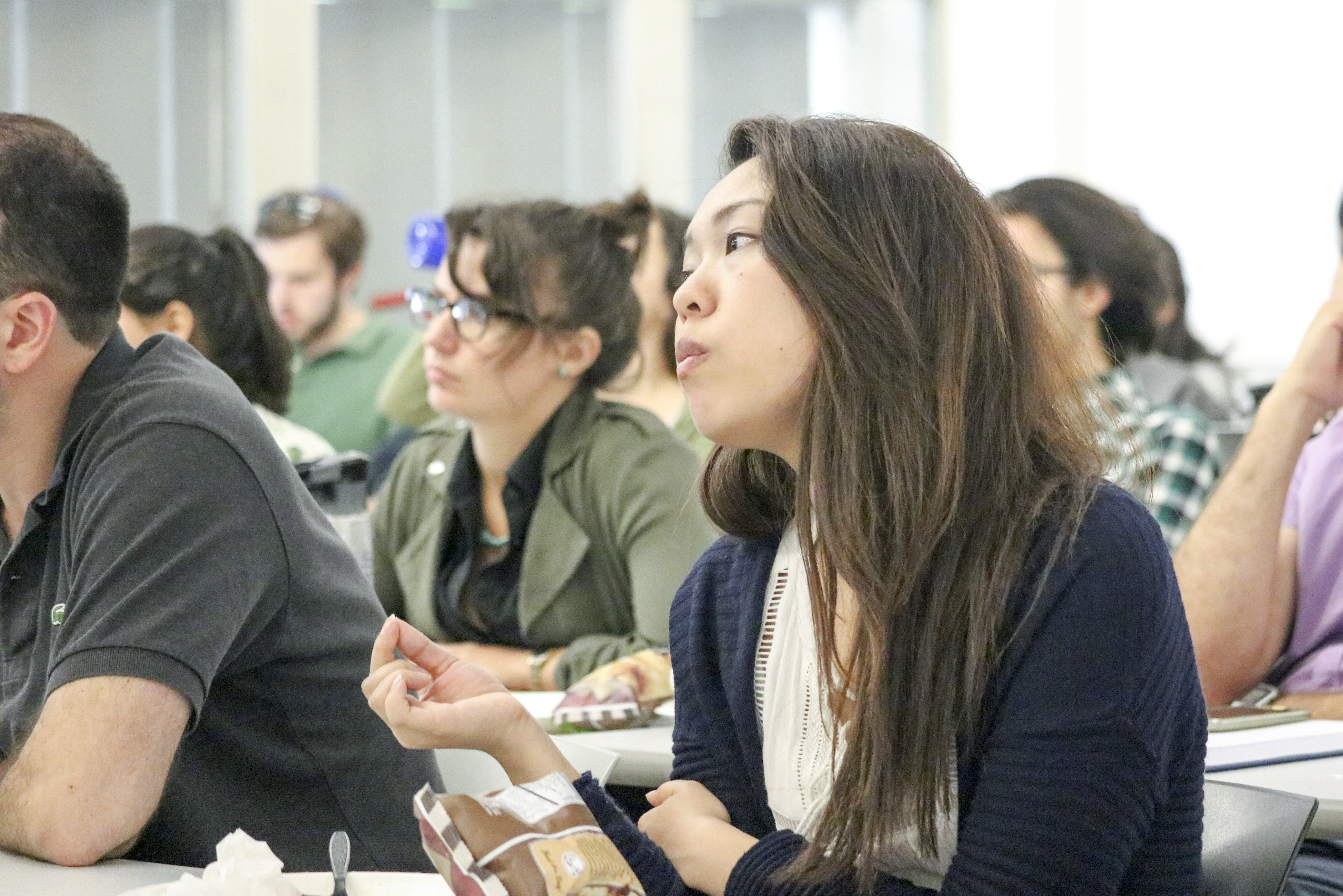

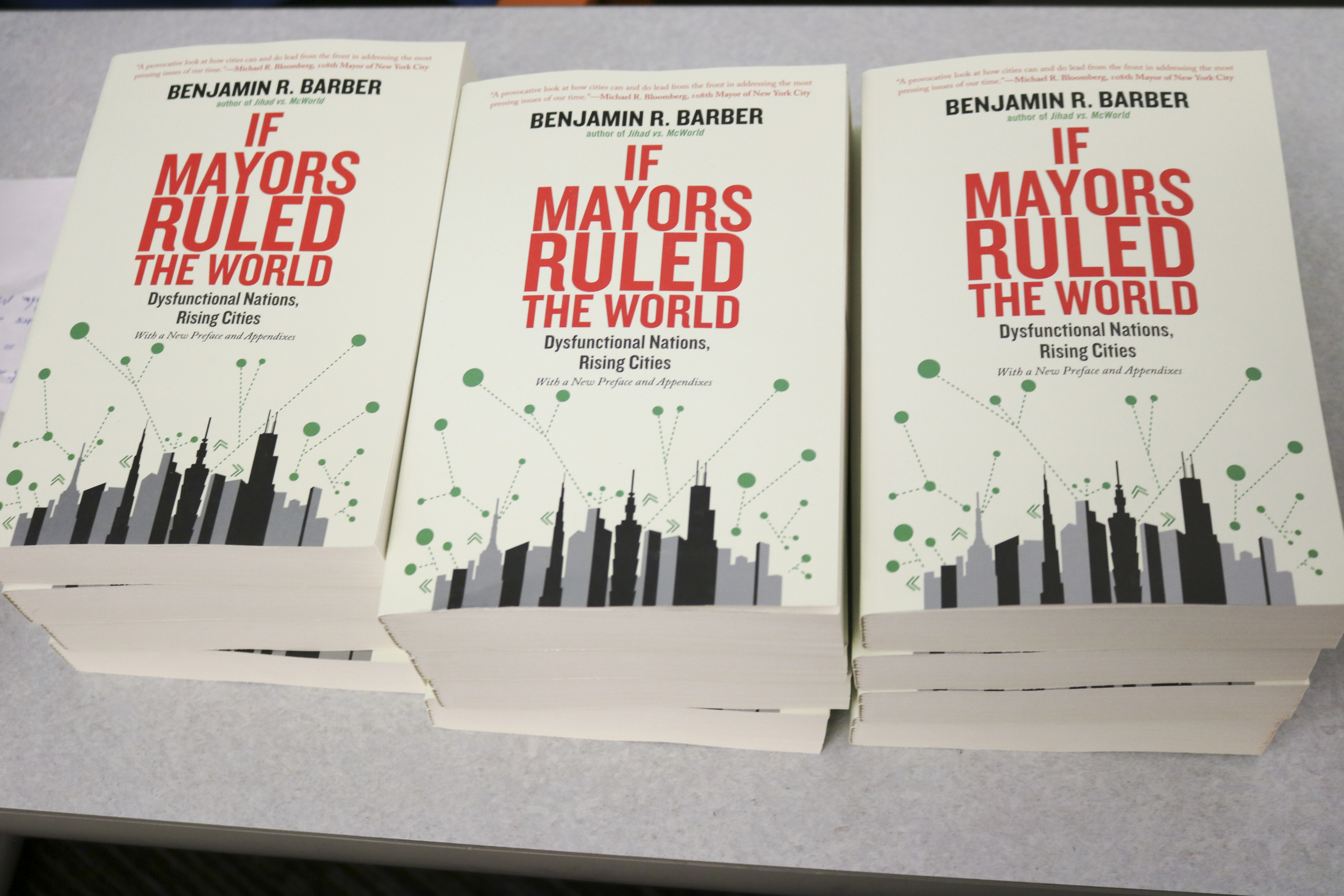

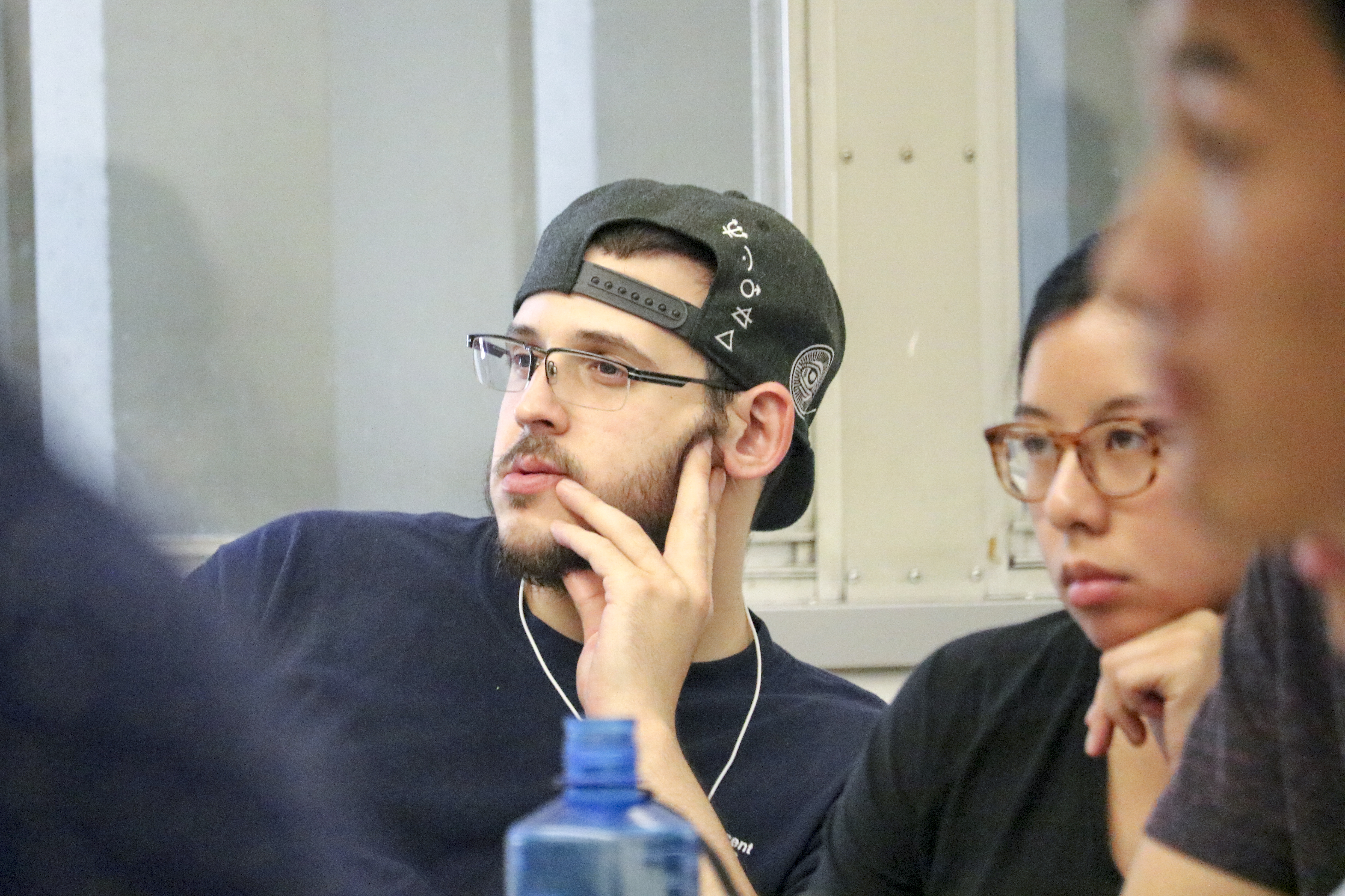

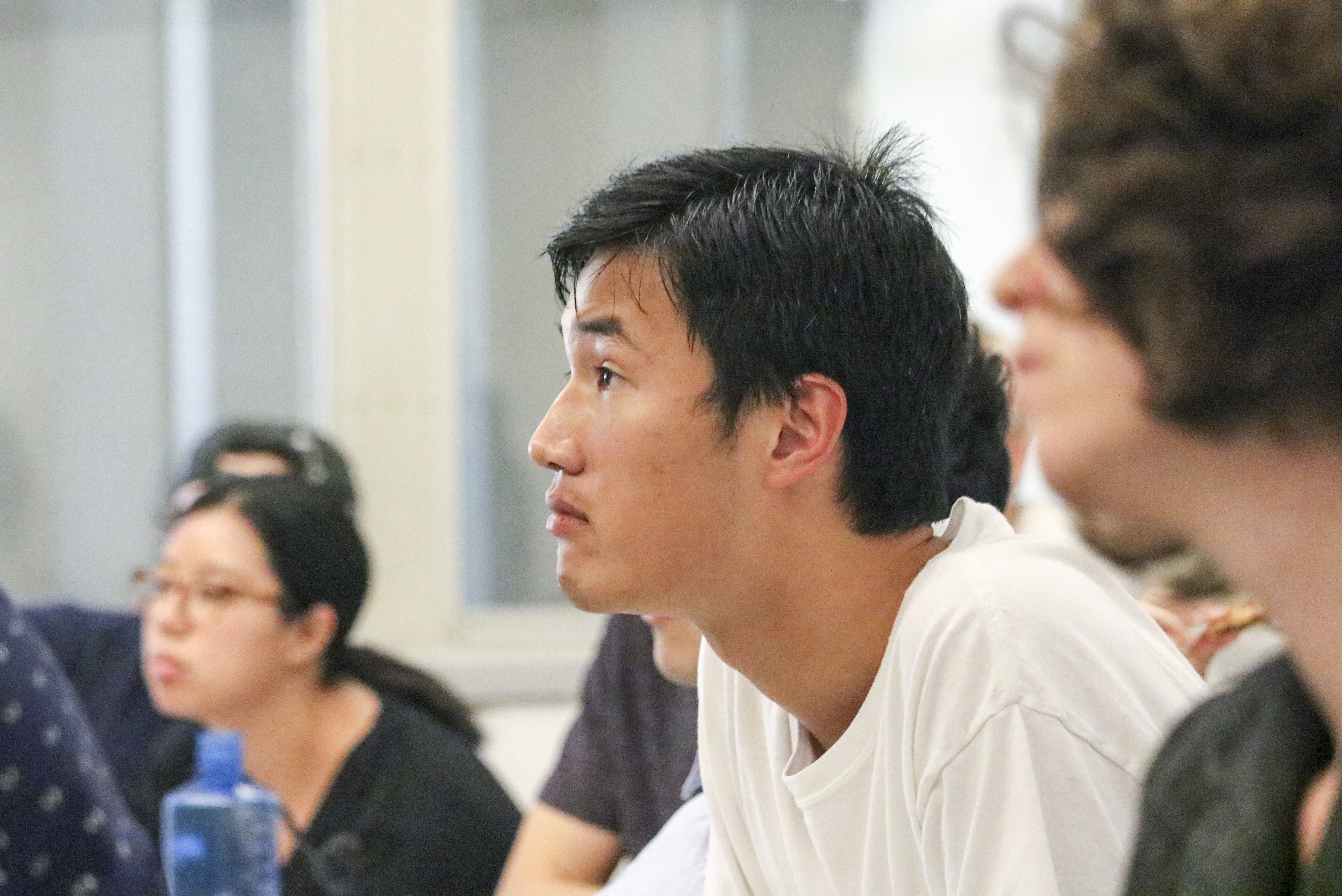
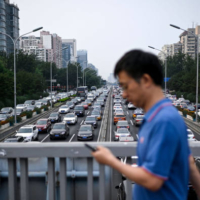



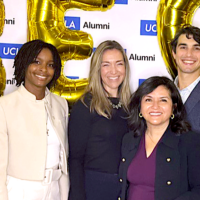



Leave a Reply
Want to join the discussion?Feel free to contribute!